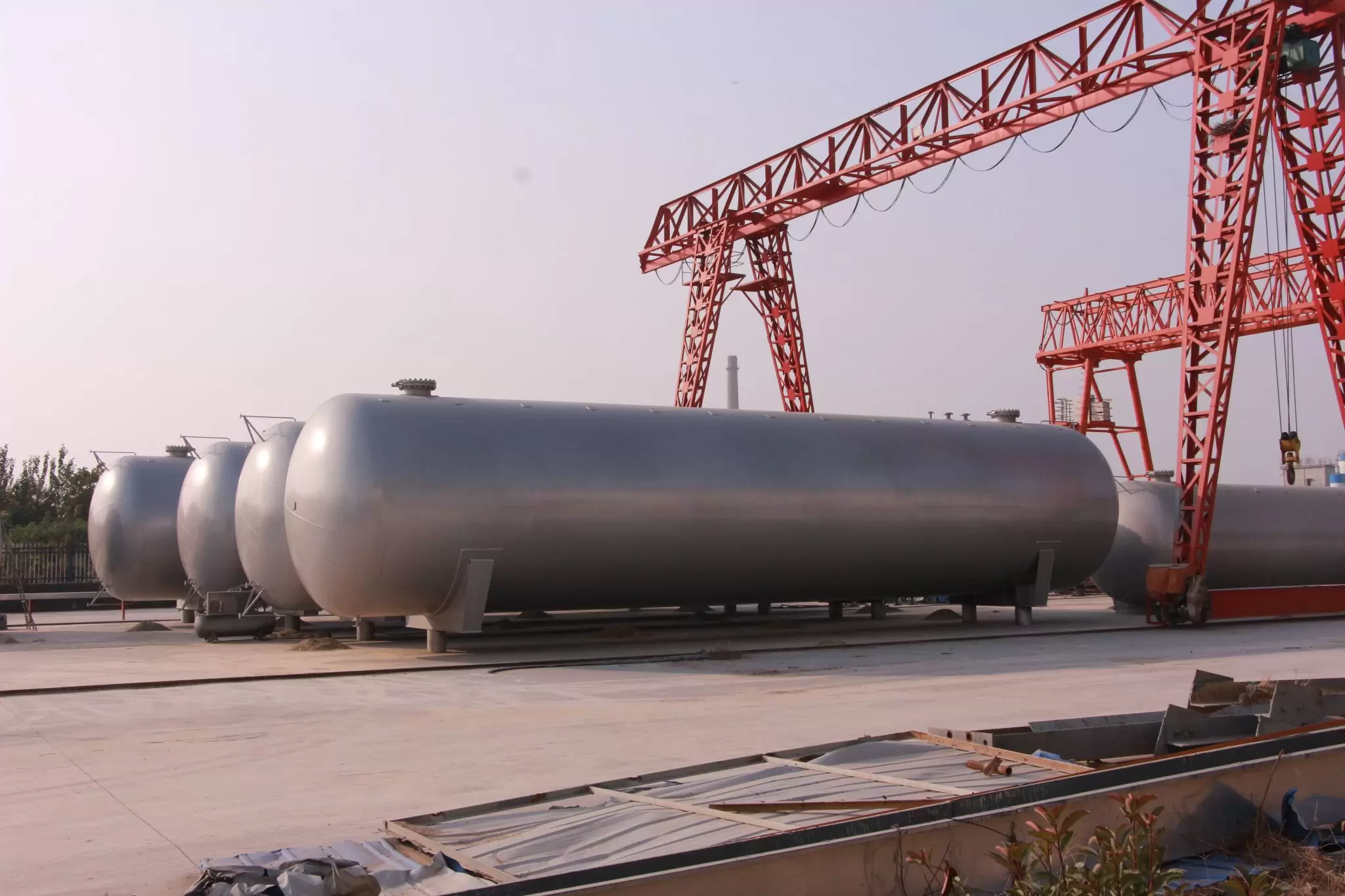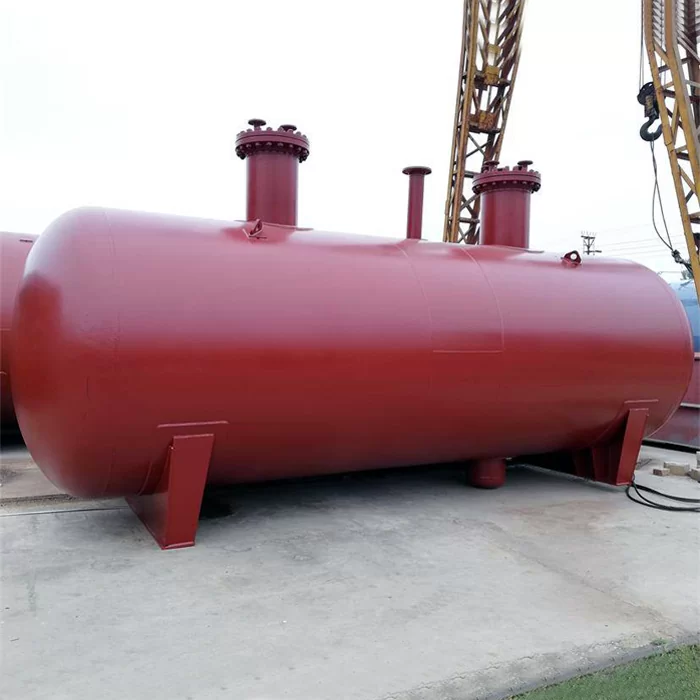lpg gas storage tank
Liquefied Petroleum Gas (LPG) is a term that describes a group of hydrocarbon gases derived from crude oil and/or natural gas. LPG is produced by distilled natural gas about 55% and crude oil refineries about 45%.
Liquefied Petroleum Gas (LPG) is a term that describes a group of hydrocarbon gases derived from crude oil and/or natural gas. LPG is produced by distilled natural gas about 55% and crude oil refineries about 45%. LPG mainly consists of propane, butane or mixtures thereof. LPG is liquid at atmospheric pressure and temperature. 42℃ or about 8 Pressure at atmospheric pressure LPG is normally stored as a medium-pressure liquid. It depends only on the temperature of the air around the cylinder. LPG cylinders are typically filled to 87% of capacity. This leaves enough vapor gap above the liquid surface to allow the propane to expand and contract as the temperature changes. Uses and uses Most of the liquefied petroleum gas is widely used as a fuel for propane heating and cooking. Its portability and storage make it popular. Quite a few urban homes use large propane tanks for heating and cooking. Households using smaller vats for outdoor grilling are very common across the country.



































































































































